Inspiration
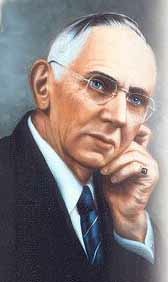
“We would not – from here – counsel anyone to be guided by influences from without. … If these come as in inspirational writings from within, and not as guidance from others – that is different … the inspirational may develop the soul of the individual, while the automatic may rarely reach beyond the force that is guiding or directing.”
–Edgar Cayce (American Healer, Mystic and Psychic, 1877-1945)
Awareness
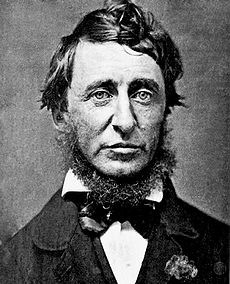
Not much point in doing anything unless YOU are actually present!
“Of course it is of no use to direct our steps to the woods, if they do not carry us thither. I am alarmed when it happens that I have walked a mile into the woods bodily, without getting there in spirit…. What business have I in the woods, if I am thinking of something out of the woods?”
–Henry David Thoreau (American Essayist and Philosopher, 1817-1862)
The Art of Silence

“There is one form of art which is superior to all other forms – the art of remaining quiet and silent…. All the arts serve a limited purpose and provide only momentary joy. But the art of silence and the resultant peace ensure happiness…. That all should cultivate.”
–Shankara (a.k.a. Adi Shankaracharya, Indian Sage, Spiritual Teacher and Author of the Crest-Jewel of Discrimination, Dates Uncertain, but c.A.D. 686-718 or 788-821)

Imagination, Aspiration and Spirituality
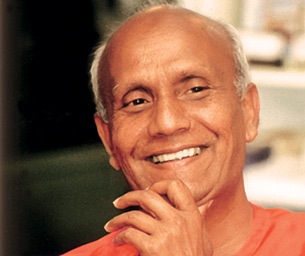
“Imagination plays a most significant role in the spiritual life. Suppose you are not having good meditations, but six months ago you had a very good, powerful, high meditation.
What you can do is try to imagine that powerful meditation. Then your imagination will become reality.
After fifteen minutes or half an hour, you will get a good meditation.
Vivekananda was such a great spiritual figure, yet sometimes for six months at a time he did not have a good meditation. What did he do? He used to imagine a time when he did have a good meditation, and inside his imagination was aspiration. So imagination is very good.”
–Sri Chinmoy (a.k.a. Chinmoy Kumar Ghose, Indian Philosopher and Spiritual Teacher, 1931-2007)
Plato’s Permanent Principle
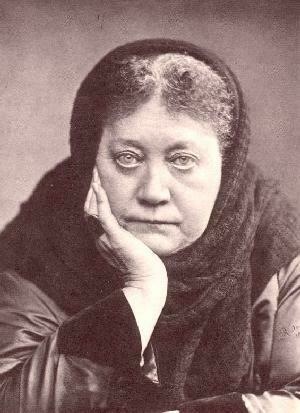
“Plato’s cardinal idea was that there existed a permanent principle of unity beneath the forms, changes, and other phenomena of the universe.”
–Helena Petrovna Blavatsky (Russian Author, Translator and Founder of the Theosophical Society, 1831-1891)

“Isis Unveiled (Volumes 1 and 2)” (Helena Petrovna Blavatsky)
Something Beyond the Borderline
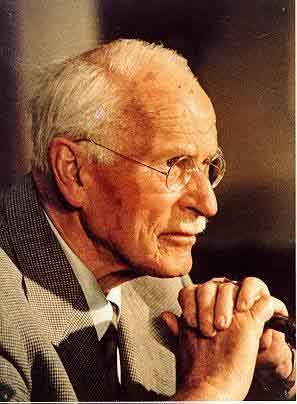
“That there is something beyond the borderline, beyond the frontiers of knowledge, is shown by the archetypes and most clearly of all, by numbers, which this side of the border are quantities but on the other side are autonomous psychic entities, capable of making qualitative statements which manifest themselves in a priori patterns of order.”
–Carl G. Jung (Swiss Psychologist and Psychiatrist, 1875-1961)

“Flying Saucers : A Modern Myth of Things Seen in the Skies” (C. G. Jung)
Ancient Wisdom, Modern Insight
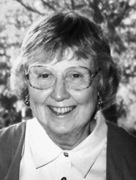
“The geometry of the archetypes and the Universal Mind are evident in the principles of symmetry which pervade nature and art. Symmetry shows us a glimpse of the ideal beauty which is reflected in nature, infusing it with order. Symmetry is universal; it can be found everywhere as the broad principle of balance and harmony.”
–Shirley J. Nicholson (American Teacher, Theosophist, Author, Former Chief Editor of Quest Books and Resident Head of the Krotona Community)
“Ancient Wisdom – Modern Insight (Quest Books)” (Shirley J. Nicholson)
Questions and Answers
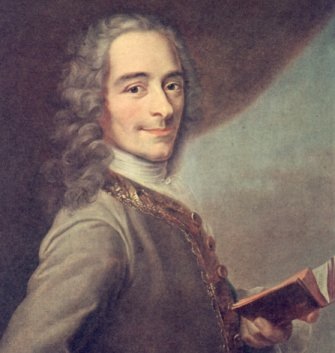
“He must be very ignorant for he answers every question he is asked.”
–Voltaire (a.k.a. François-Marie Arouet, French Writer and Philosopher, 1694-1778)
Rejecting New Ideas: Just Because They Are New!
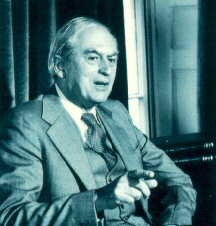
When I was an up-and-coming young clinician-scientist Sir Peter Medawar was very kind to me, despite the fact that he had already had a whole series of strokes that had left him in a wheelchair. He left an indelible mark on my thinking, and here is just one of his quotable quotes:
“The human mind treats a new idea the way the body treats a strange protein; it rejects it.”
–Sir Peter Medawar (Brazilian-born English Immunologist and, in 1960, Winner of the Nobel Prize for Physiology or Medicine, 1915-1987)
The Whole in Every Part

“Every discernible part or process is a sort of microcosm or hologram. That is to say, the whole is expressed in or implied by every part, as is the brain in each one of its cells.”
–Alan W. Watts (English-born American Philosopher, Writer, Speaker and Expert in Comparative Religion, 1915-1973)

“Behold the Spirit: A Study in the Necessity of Mystical Religion” (Alan W. Watts)






